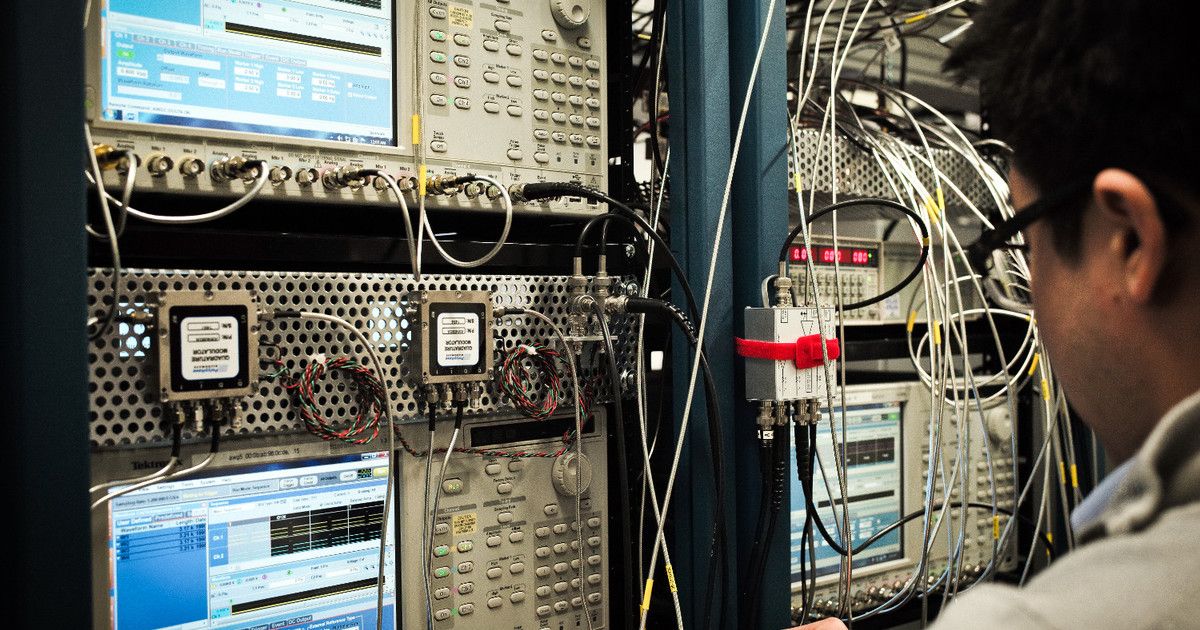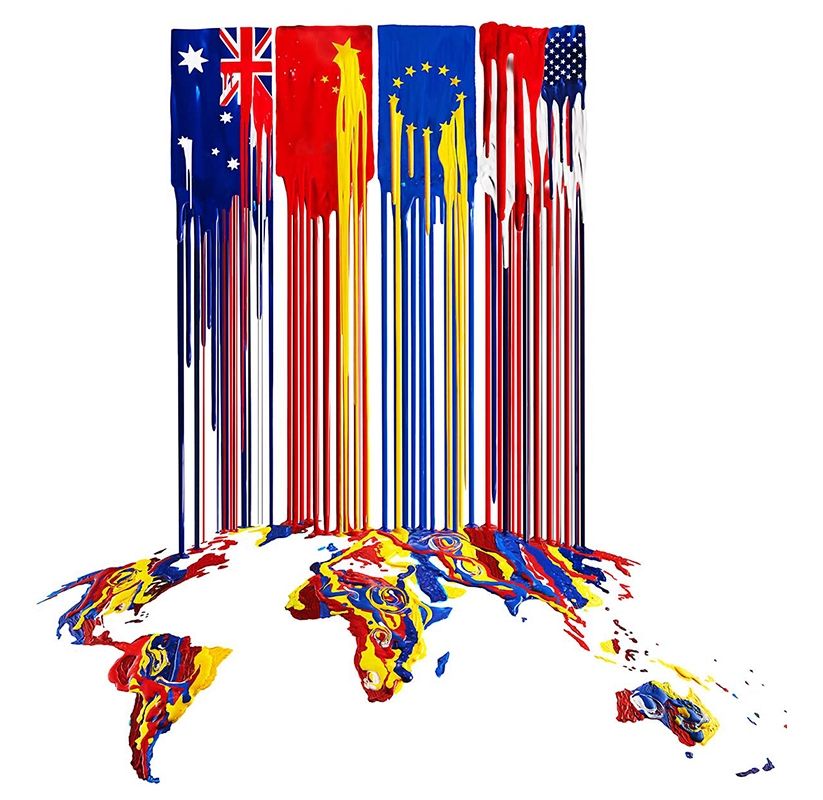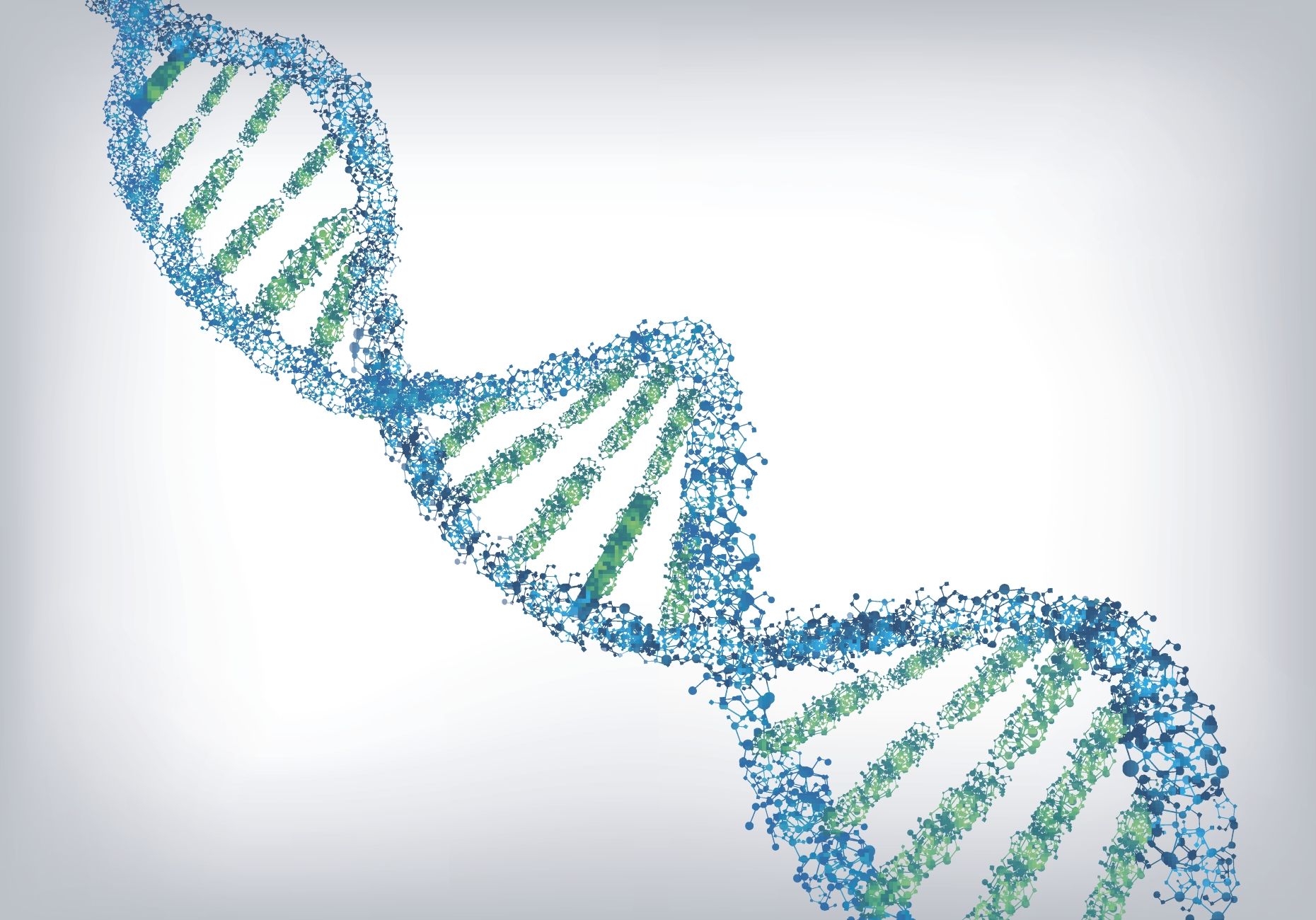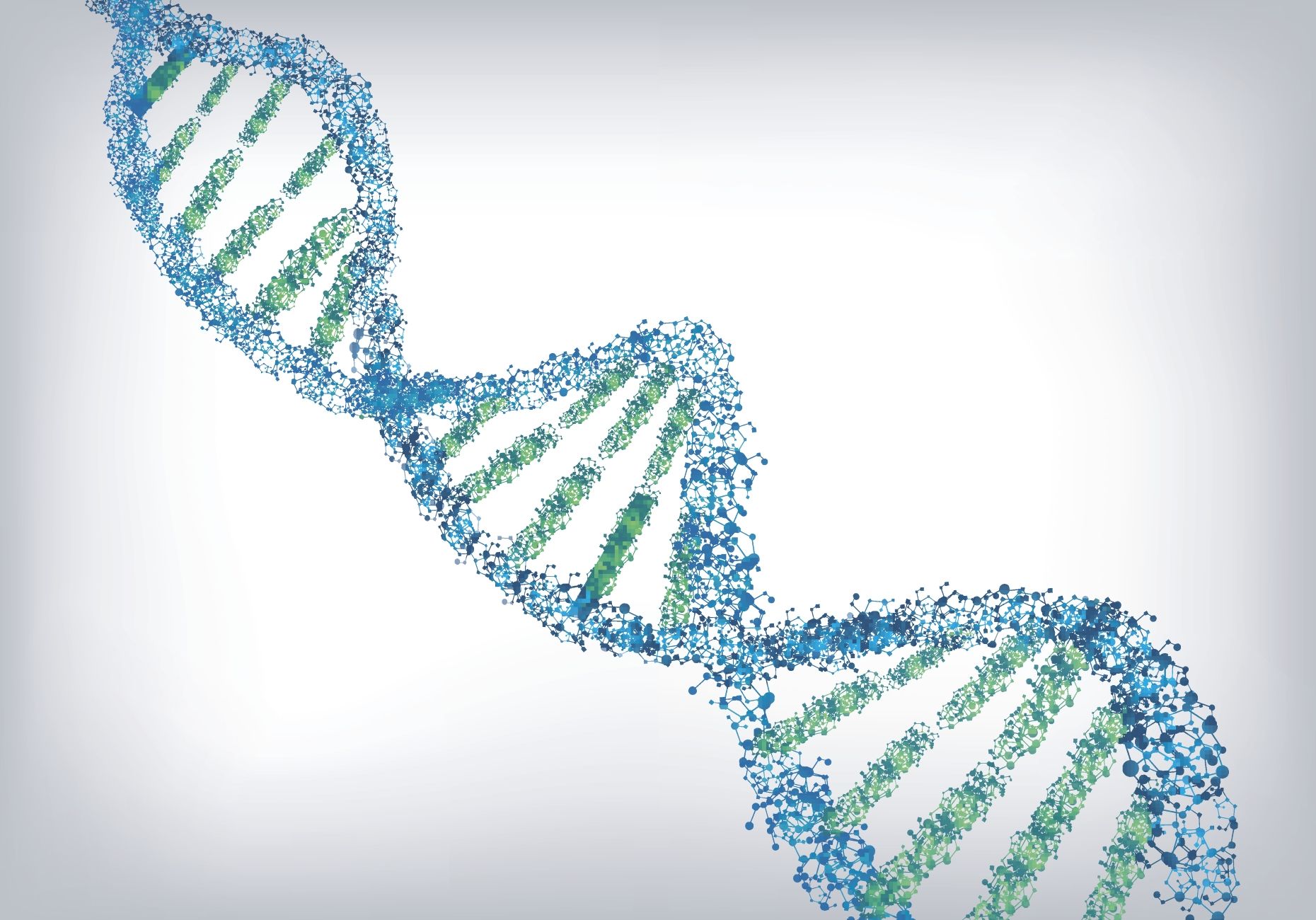Jul 11, 2016
Google Tests Post-Quantum Crypto
Posted by Karen Hurst in categories: computing, internet, quantum physics, security
Good article overall; and yes QC is still evolving. However, to state Quantum networking is in its infancy is a wrong & misleading comment. Since 2009, Quantum Internet has been in beta at Los Alamos Labs. And, researchers will tell you that QC development can as far back as 1970s and the first official QC was introduced in 2009 when the first universal programmable quantum computer was introduced by University of Toronto’s Kim Luke.
Google has launched a two-year Chrome trial aimed at safeguarding the Internet against quantum computers, which security experts predict will shred all data.









 © iStock/ Getty Images undefined How much storage do you have around the house? A few terabyte hard drives? What about USB sticks and old SATA drives? Humanity uses a staggering amount of storage, and our needs are only expanding as we build data centers, better cameras, and all sorts of other data-heavy gizmos. It’s a problem scientists from companies like IBM, Intel, and Microsoft are trying to solve, and the solution might be in our DNA.
© iStock/ Getty Images undefined How much storage do you have around the house? A few terabyte hard drives? What about USB sticks and old SATA drives? Humanity uses a staggering amount of storage, and our needs are only expanding as we build data centers, better cameras, and all sorts of other data-heavy gizmos. It’s a problem scientists from companies like IBM, Intel, and Microsoft are trying to solve, and the solution might be in our DNA.








